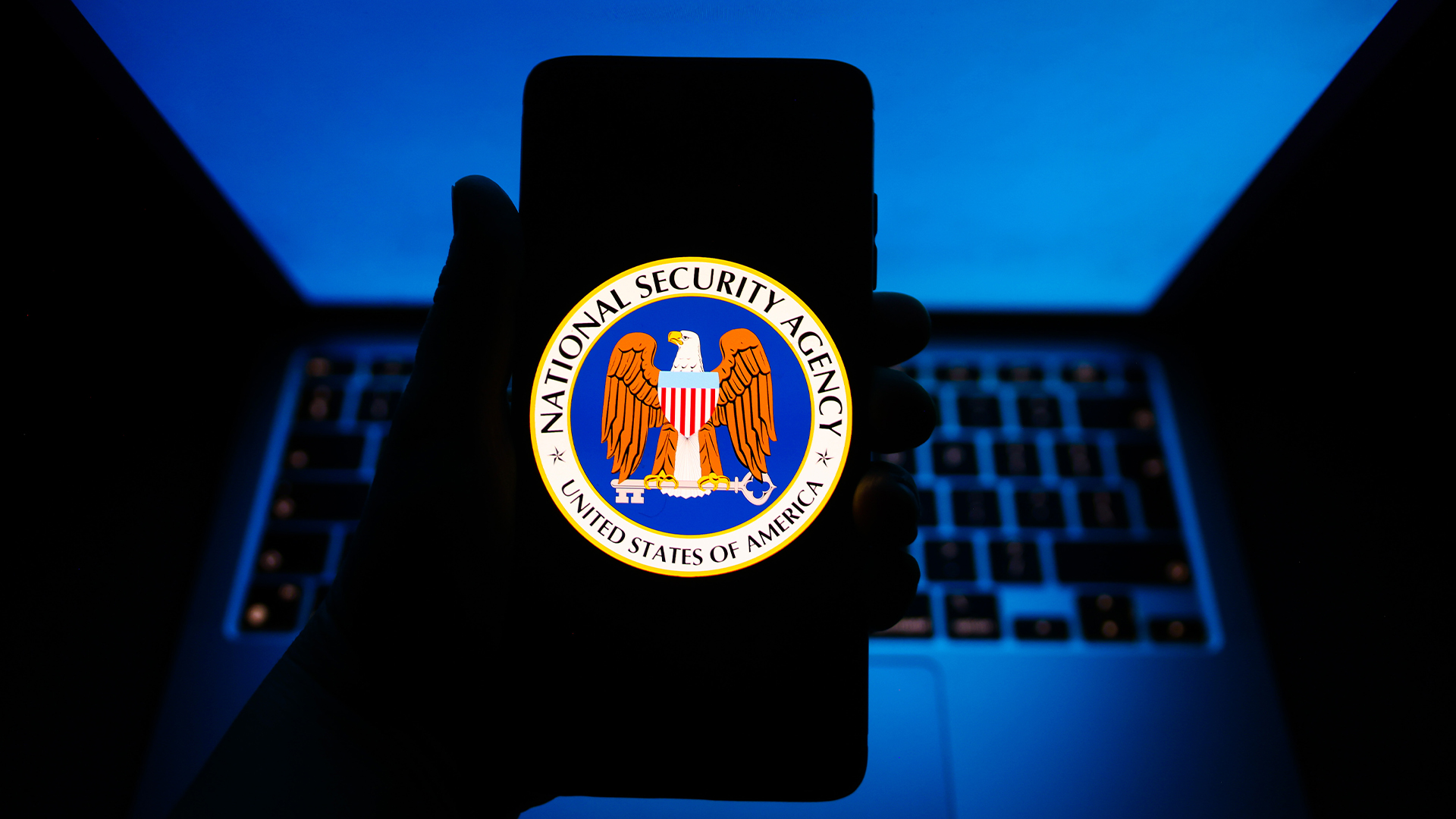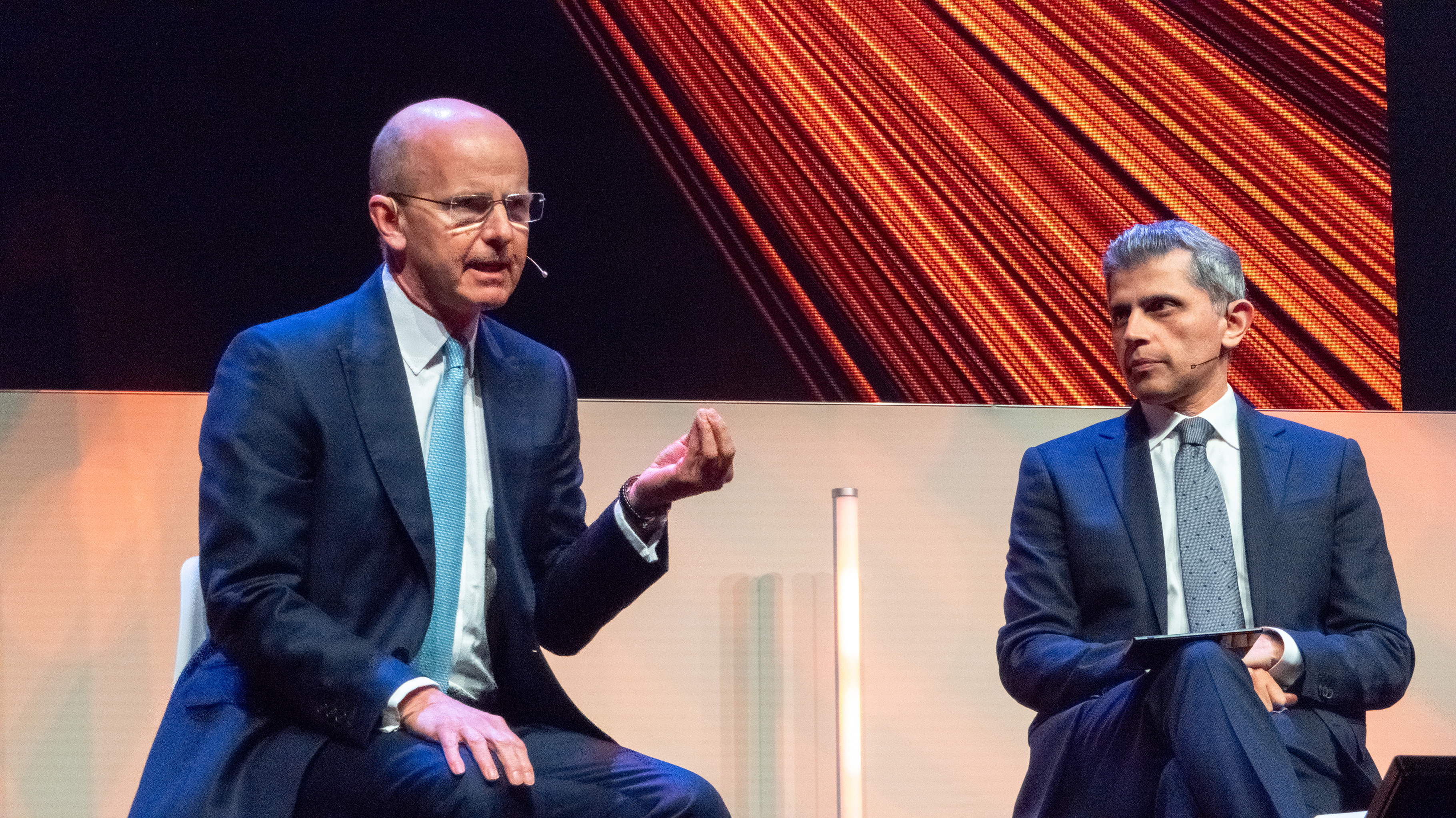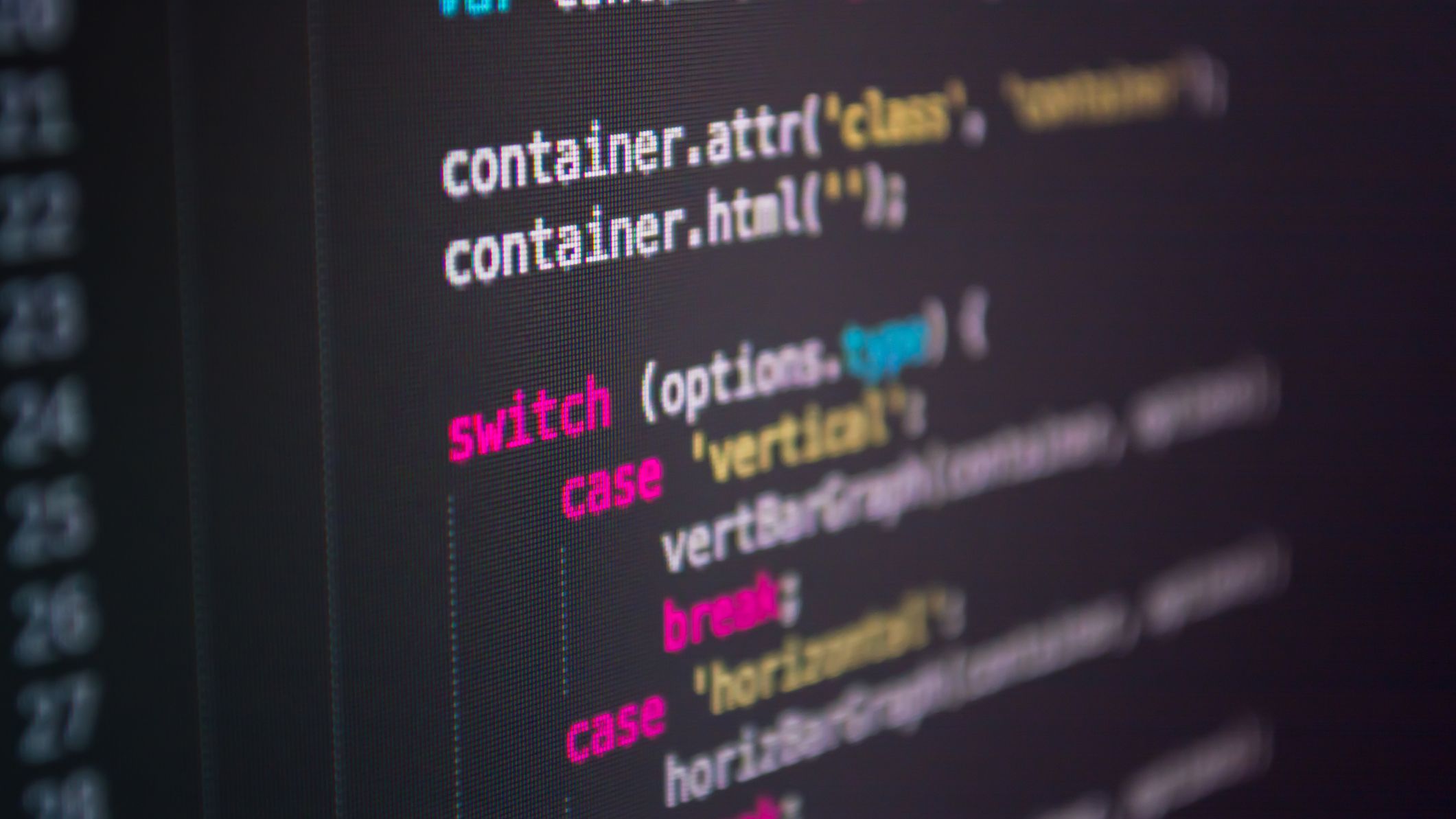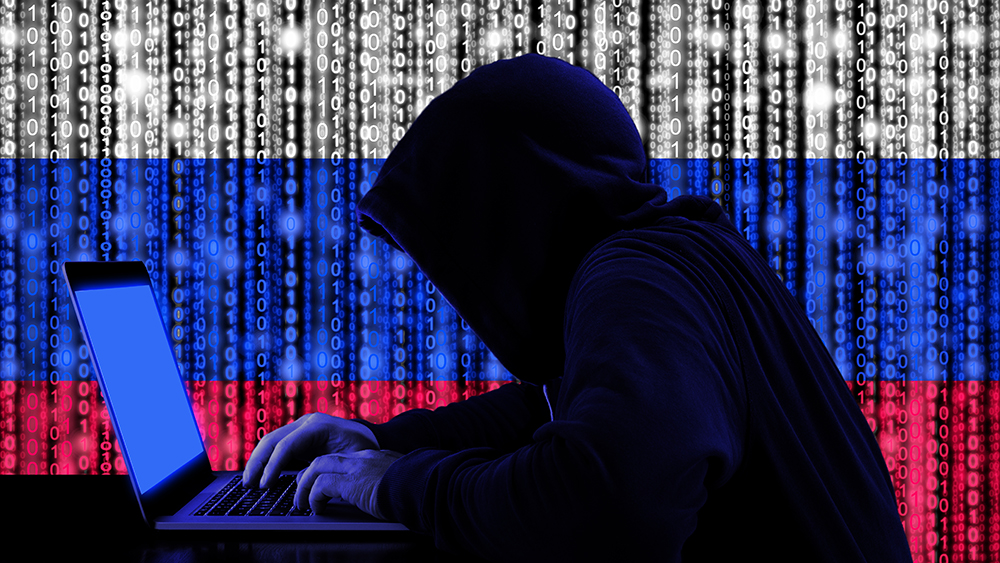Amnesty International takes Gov to court over spying
Ten human rights orgs take government to the European Court of Human Rights to stop surveillance


Sign up today and you will receive a free copy of our Future Focus 2025 report - the leading guidance on AI, cybersecurity and other IT challenges as per 700+ senior executives
You are now subscribed
Your newsletter sign-up was successful
Amnesty International is taking the government to the European Court of Human Rights over its mass surveillance of UK citizens.
The organisation claims the government's practice of mass surveillance goes against human rights, and has issued the legal challenge with another nine bodies.
All object to the government's methods of interception, collection, inspection, distribution and retention of communications "without any judicial authorisation," their filing said.
Their complaint is based on revelations leaked by ex-NSA contractor Edward Snowden, who revealed information on secret US data collection programmes like PRISM, collecting communications data including emails, text messages, phone calls and social media without permission.
The court filing mentioned Tempora, Upstream and PRISM as three of the mass surveillance programmes it was hoping to stop, saying the operations were making it increasingly difficult for Amnesty International to carry out its work.
While based in the US, the PRISM and Upstream programmes extended to UK-held data. Meanwhile Tempora is the UK's own GCHQ programme, giving spooks access to vast swathes of data on millions of people.
"It is thanks only to Edward Snowden's revelations, and the scant disclosures we and the other claimants have been able to prise from the government, that we know anything whatsoever about what the intelligence services are up to," said James Welch, Legal Director for Liberty.
Sign up today and you will receive a free copy of our Future Focus 2025 report - the leading guidance on AI, cybersecurity and other IT challenges as per 700+ senior executives
The filing also detailed how a closed hearing took place, outlining Amnesty International and the other applicants' concerns, but none of the bodies were invited to attend because of the sensitive nature of the country's security.
Nick Williams, Amnesty International's legal counsel said: "The UK government's surveillance practices have been allowed to continue unabated and on an unprecedented scale, with major consequences for people's privacy and freedom of expression. No-one is above the law and the European Court of Human Rights now has a chance to make that clear."
Carly Nyst, legal director of Privacy International, added: "Mass surveillance is a violation of our fundamental rights. Intercepting millions of communications every day, and secretly receiving millions more from the NSA by the back door is neither necessary nor proportionate."

Clare is the founder of Blue Cactus Digital, a digital marketing company that helps ethical and sustainability-focused businesses grow their customer base.
Prior to becoming a marketer, Clare was a journalist, working at a range of mobile device-focused outlets including Know Your Mobile before moving into freelance life.
As a freelance writer, she drew on her expertise in mobility to write features and guides for ITPro, as well as regularly writing news stories on a wide range of topics.
-
 Anthropic promises ‘Opus-level’ reasoning with new Claude Sonnet 4.6 model
Anthropic promises ‘Opus-level’ reasoning with new Claude Sonnet 4.6 modelNews The latest addition to the Claude family is explicitly intended to power AI agents, with pricing and capabilities designed to attract enterprise attention
-
 Researchers call on password managers to beef up defenses
Researchers call on password managers to beef up defensesNews Analysts at ETH Zurich called for cryptographic standard improvements after a host of password managers were found lacking
-
 What security teams need to know about the NSA's new zero trust guidelines
What security teams need to know about the NSA's new zero trust guidelinesNews The new guidelines aim to move an organization from discovery to target-level implementation of zero trust practices
-
 Former GCHQ intern risked national security after taking home top secret data
Former GCHQ intern risked national security after taking home top secret dataNews A former GCHQ intern has pleaded guilty to transferring data from a top-secret computer onto his work phone.
-
 Businesses must get better at sharing cyber information, urges former GCHQ chief
Businesses must get better at sharing cyber information, urges former GCHQ chiefJeremy Fleming, the former head of GCHQ, has warned businesses face increasingly sophisticated cyber attacks on critical national infrastructure (CNI).
-
 Hackers are lying low in networks to wage critical infrastructure attacks - here’s how they do it
Hackers are lying low in networks to wage critical infrastructure attacks - here’s how they do itNews Hackers are researching key IT workers in their bid to gain access to vital systems
-
 ASUS, Cisco, Netgear devices exploited in ongoing Chinese hacking campaign
ASUS, Cisco, Netgear devices exploited in ongoing Chinese hacking campaignNews Critical national infrastructure is the target of sustained attempts from state-sponsored hackers, according to Five Eyes advisories
-
 US reveals bespoke tool that took down Russian malware operation
US reveals bespoke tool that took down Russian malware operationNews Snake had been used to steal NATO countries’ data for 20 years
-
 Move away from memory-unsafe languages like C and C++, NSA urges
Move away from memory-unsafe languages like C and C++, NSA urgesNews The US agency advises organisations to begin using languages like Rust, Java, and Swift
-
 US gov issues fresh warning over Russian threat to critical infrastructure
US gov issues fresh warning over Russian threat to critical infrastructureNews The FBI, NSA and CISA have urged network defenders to be on "heightened alert" for Russian cyber attacks